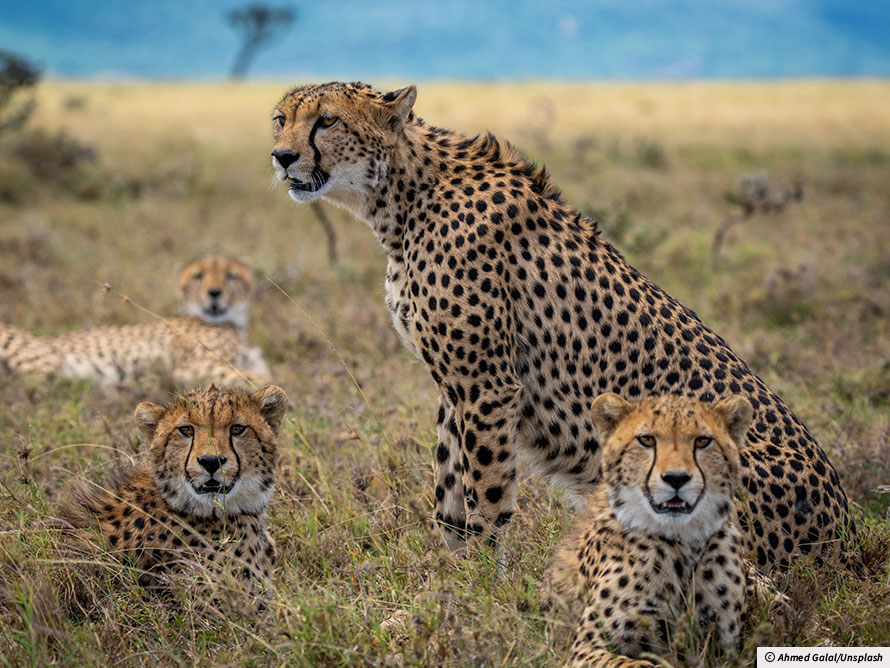Are we too addicted to "stories"? Wildlife documentaries have brought us closer to nature than ever before. But some say the image of nature they portray is just that — an image.
We doctor wildlife videos, says BBC star
 Fake: Cameraman Hamza Yassin says programmers make up stories to tug at the heartstrings.
Fake: Cameraman Hamza Yassin says programmers make up stories to tug at the heartstrings. Glossary
David Attenborough - An English broadcaster and natural historian known for his wildlife documentaries.
Pristine - Unspoilt. It derives from a Latin word meaning former or original.
Friedrich Nietzsche - A German classical scholar, philosopher, and critic of culture (1844 – 1900), who became one of the most influential of all modern thinkers.
